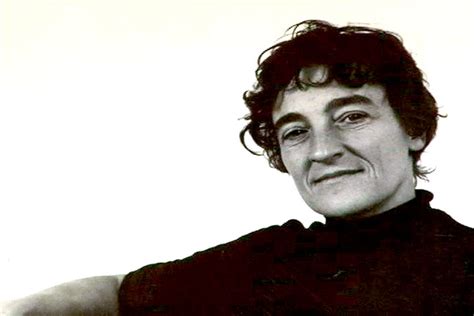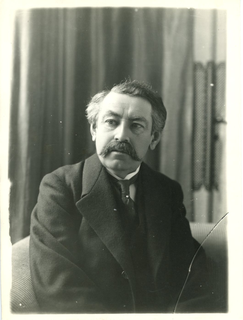A Quote by Lucy R. Lippard
Photographers find themselves directly in competition with mass media's misrepresentations of women. So the photographic terrain is particularly contested from a political point of view.
Related Quotes
Advertising and the free society are closely connected. Advertising helps to make a free society remain so by increasing competition, and by helping to maintain the freedom of the mass media themselves. The free society is one where advertising and advertising agencies are likely to be in considerable demand, though it is true that even in a totally centralist society there would still be a need for organisations and people to have access to mass communication media.
[T]he more clamour we make about 'the women's point of view', the more we rub it into people that the women's point of view is different, and frankly I do not think it is -- at least in my job. The line I always want to take is, that there is the 'point of view' of the reasonably enlightened human brain, and that this is the aspect of the matter which I am best fitted to uphold.
I think we are constantly asked day in and day out to find the things that we find frustrating or inspiring or that we're passionate about, and attack it from that angle. I don't like being lumped into the idea of being media, or liberal media for that point of view. I am not trained as a journalist.
The Second Wave Society is industrial and based on mass production, mass distribution, mass consumption, mass education, mass media, mass recreation, mass entertainment, and weapons of mass destruction. You combine those things with standardization, centralization, concentration, and synchronization, and you wind up with a style of organization we call bureaucracy.
The intensive use of photographs by mass media lays ever fresh responsibilities upon the photographer. We have to acknowledge the existence of a chasm between the economic needs of our consumer society and the requirements of those who bear witness to this epoch. This affects us all, particularly the younger generations of photographers. We must take greater care than ever not to allow ourselves to be separated from the real world and from humanity.
Media is everything, and when you live in Los Angeles and you live in New York, it's almost impossible to run into a conservative point of view because the conservatives that exist in Hollywood, where much of the media's done, and the conservatives that live in New York where a lot of the media's done are fearful of even expressing their conservative point of view.
I don't think that writers or painters or filmmakers function because they have something they particularly want to say. They have something that they feel. And they like the art form; they like words, or the smell of paint, or celluloid and photographic images and working with actors. I don't think that any genuine artist has ever been oriented by some didactic point of view, even if he thought he was.
Thinking about free speech brought me to media regulation, as Americans access so much of their political and cultural speech through mass media. That led me to work on the FCC's media ownership rules beginning in 2005 to fight media consolidation, working with those at Georgetown's IPR, Media Access Project, Free Press, and others.






































